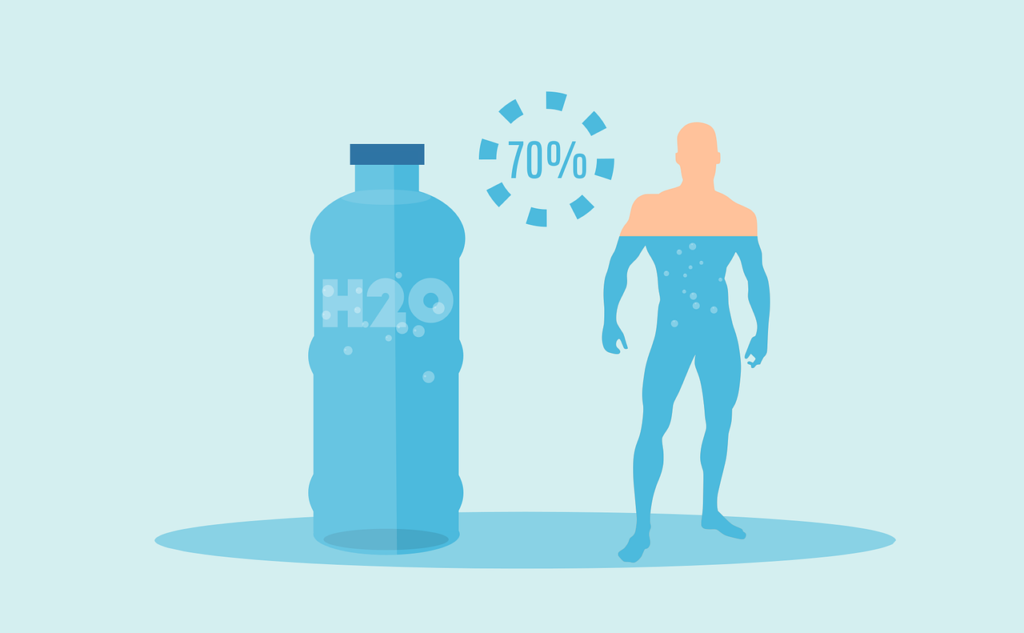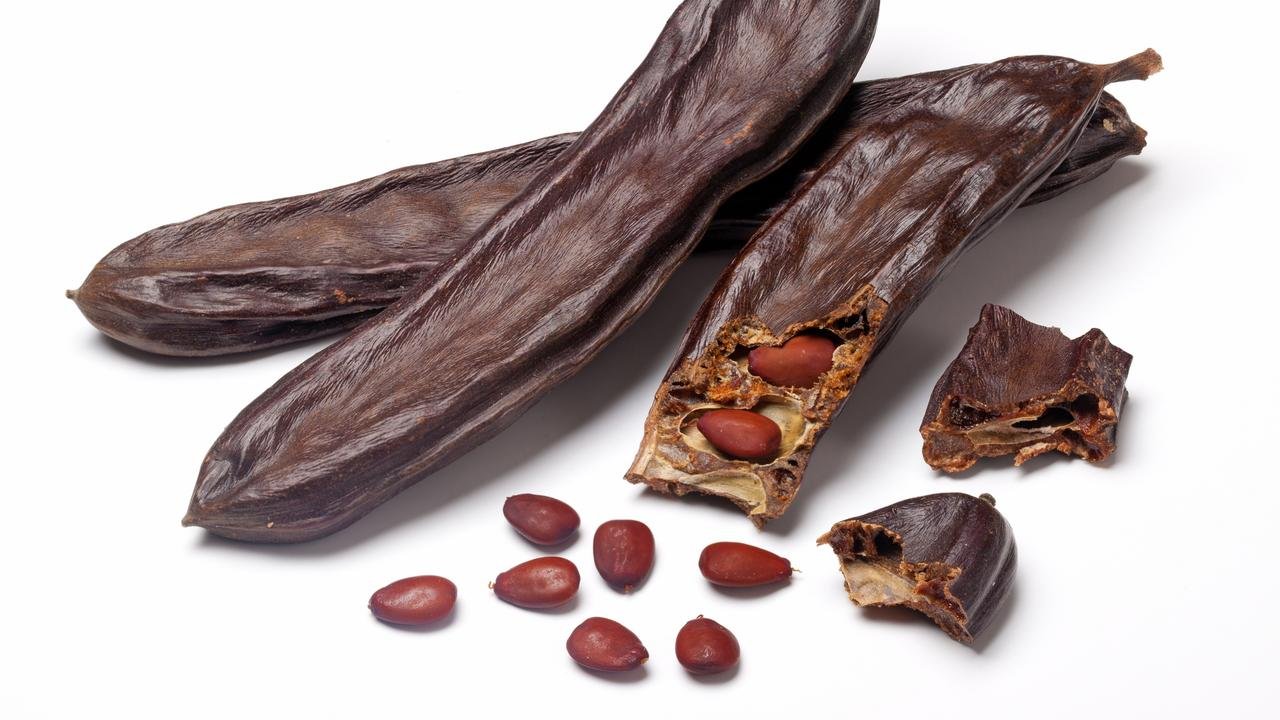Your immune system is your body’s frontline defense against infections, illnesses, and diseases. A strong immune system can help you stay healthy and recover faster when you do get sick. With the ongoing focus on health and wellness, finding natural ways to boost your immune system is more important than ever. This article explores proven foods, supplements, and lifestyle changes that can naturally enhance your immune defenses. By incorporating these strategies into your daily routine, you can support your body’s ability to fight off pathogens and maintain overall well-being.
Foods that Fortify: What to Eat for a Strong Immune System

What you eat has a direct impact on your immune system. Certain foods are rich in vitamins, minerals, and antioxidants that are essential for a robust immune response. Here are some top foods that can help fortify your immune system:
- Citrus Fruits: Oranges, lemons, grapefruits, and limes are packed with vitamin C, a crucial nutrient that boosts the production of white blood cells, which are vital for fighting infections. Including a daily dose of citrus fruits can help maintain adequate levels of vitamin C in your body.
- Garlic: Garlic contains sulfur compounds, such as allicin, that have immune-boosting properties. Studies have shown that garlic can help reduce the severity of colds and flu by enhancing the immune system’s ability to fight off invaders.
- Ginger: Known for its anti-inflammatory and antioxidant effects, ginger can help reduce inflammation and bolster your immune response. Ginger is also effective in reducing nausea and may help in easing cold-related symptoms.
- Spinach: This leafy green is not only rich in vitamin C but also packed with antioxidants and beta carotene, which are known to increase the infection-fighting ability of our immune systems. Spinach is healthiest when cooked as little as possible to retain its nutrients.
- Almonds: Rich in vitamin E, almonds are crucial for a healthy immune system. Vitamin E is a fat-soluble vitamin, meaning it requires the presence of fat to be absorbed properly. Nuts like almonds are full of the vitamin and also have healthy fats that aid in its absorption.
- Yogurt: Probiotics found in yogurt can help balance the gut microbiome, which plays a critical role in immune health. A healthy gut is associated with improved immunity, so incorporating probiotic-rich foods like yogurt can be beneficial.
By incorporating these immune-boosting foods into your diet, you can ensure that your body gets the essential nutrients it needs to fight off infections and maintain a healthy immune response.
Powerful Supplements: Natural Immunity Boosters You Can Trust

While a balanced diet is essential for maintaining a healthy immune system, some supplements can provide additional support. Here are some natural supplements that are often recommended for boosting immunity:
- Elderberry: Elderberry is rich in vitamins A, B, and C and is known for its antioxidant properties. It has been traditionally used to reduce the severity and duration of colds and flu. However, it is important to follow the recommended dosage, as consuming too much can lead to digestive issues.
- Echinacea: This herb has been used for centuries to treat infections and has been shown to potentially reduce the chances of catching a cold by boosting the immune system. However, its efficacy can vary depending on the species and preparation, so it’s important to choose high-quality products and consult with a healthcare professional about appropriate usage.
- Vitamin D: Often called the “sunshine vitamin,” vitamin D plays a crucial role in immune function. Many people have a deficiency, especially in the winter months. Supplementing with vitamin D can help enhance pathogen-fighting effects of monocytes and macrophages, the white blood cells that are important parts of immune defense.
- Probiotics: Probiotics are live microorganisms that provide health benefits when consumed in adequate amounts. They can help maintain a healthy balance of gut bacteria, which is vital for a strong immune system. Common sources include supplements and fermented foods like yogurt and kefir.
When considering supplements, it’s important to consult with a healthcare professional to determine the appropriate dosage and ensure they do not interact with any medications you may be taking.
Healthy Habits: Lifestyle Changes to Strengthen Your Defenses

Beyond diet and supplements, certain lifestyle habits play a significant role in supporting a healthy immune system. Here are some key lifestyle changes you can make to boost your immunity:
- Regular Exercise: Engaging in regular physical activity can help boost your immune system by promoting good circulation, which allows cells and substances of the immune system to move through the body freely and do their job efficiently. Aim for at least 30 minutes of moderate exercise, such as brisk walking, most days of the week.
- Adequate Sleep: Sleep is crucial for immune function. During sleep, the body produces cytokines, proteins that help fight infections and inflammation. Adults should aim for 7-9 hours of sleep per night to maintain optimal immune function.
- Stress Management: Chronic stress can suppress the immune system, making you more susceptible to illness. Incorporating stress-reducing practices such as mindfulness, meditation, yoga, or even simple breathing exercises can help lower stress levels and enhance immune function.
- Proper Hydration: Staying well-hydrated is important for overall health and immune function. Water helps carry oxygen to your body’s cells, which results in properly functioning systems. It also removes toxins from the body. Aim to drink at least eight 8-ounce glasses of water a day, more if you are active or live in a hot climate.
By adopting these healthy habits, you can create a lifestyle that supports a strong and responsive immune system.
Immune Myths Debunked: Separating Fact from Fiction

There are many myths and misconceptions about boosting the immune system. Let’s address some common ones:
- “More Vitamin C Means Better Immunity”: While vitamin C is essential for immune health, more is not always better. The body can only absorb a certain amount of vitamin C at a time, and excessive amounts are simply excreted. High doses of vitamin C can also lead to gastrointestinal discomfort. It’s best to get vitamin C from foods or take a moderate supplement if needed.
- “You Can Boost Your Immune System in a Day”: Building a strong immune system takes time and consistency. There is no quick fix to enhance your immunity overnight. Regular healthy habits, a balanced diet, and adequate sleep over time are what truly strengthen your immune defenses.
- “Herbal Supplements Are Always Safe”: Not all natural supplements are safe for everyone. Some herbs can interact with medications or have side effects. It’s crucial to consult with a healthcare provider before starting any new supplement.
- “If I Eat Healthy, I Don’t Need to Exercise”: Nutrition and exercise go hand-in-hand when it comes to maintaining a healthy immune system. A balanced diet provides the necessary nutrients, while regular exercise improves circulation and supports overall health, including immune function.
Understanding the facts about immune health can help you make informed choices that truly benefit your well-being.
Conclusion
Boosting your immune system naturally involves a combination of nutritious foods, supplements, and healthy lifestyle choices. By incorporating these strategies into your daily routine, you can strengthen your body’s defenses and maintain overall health. Remember, consistency is key to supporting your immune system effectively. Share this article with friends and family to help them learn how to enhance their immunity, and feel free to leave a comment with your thoughts or questions.
By prioritizing your immune health through these natural methods, you can take proactive steps toward a healthier, more resilient you.









